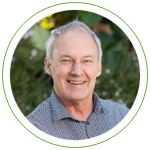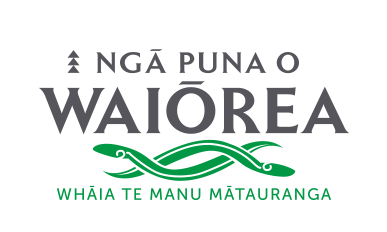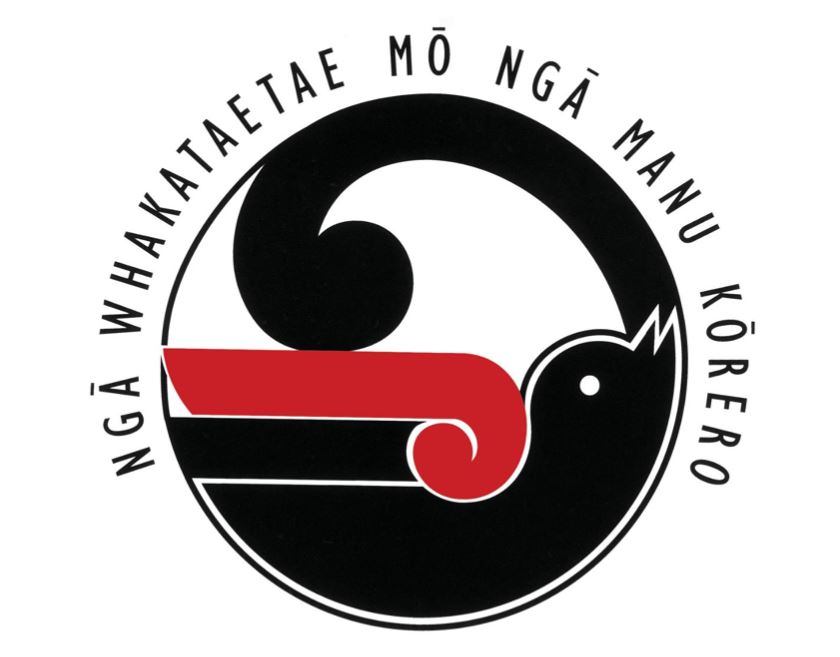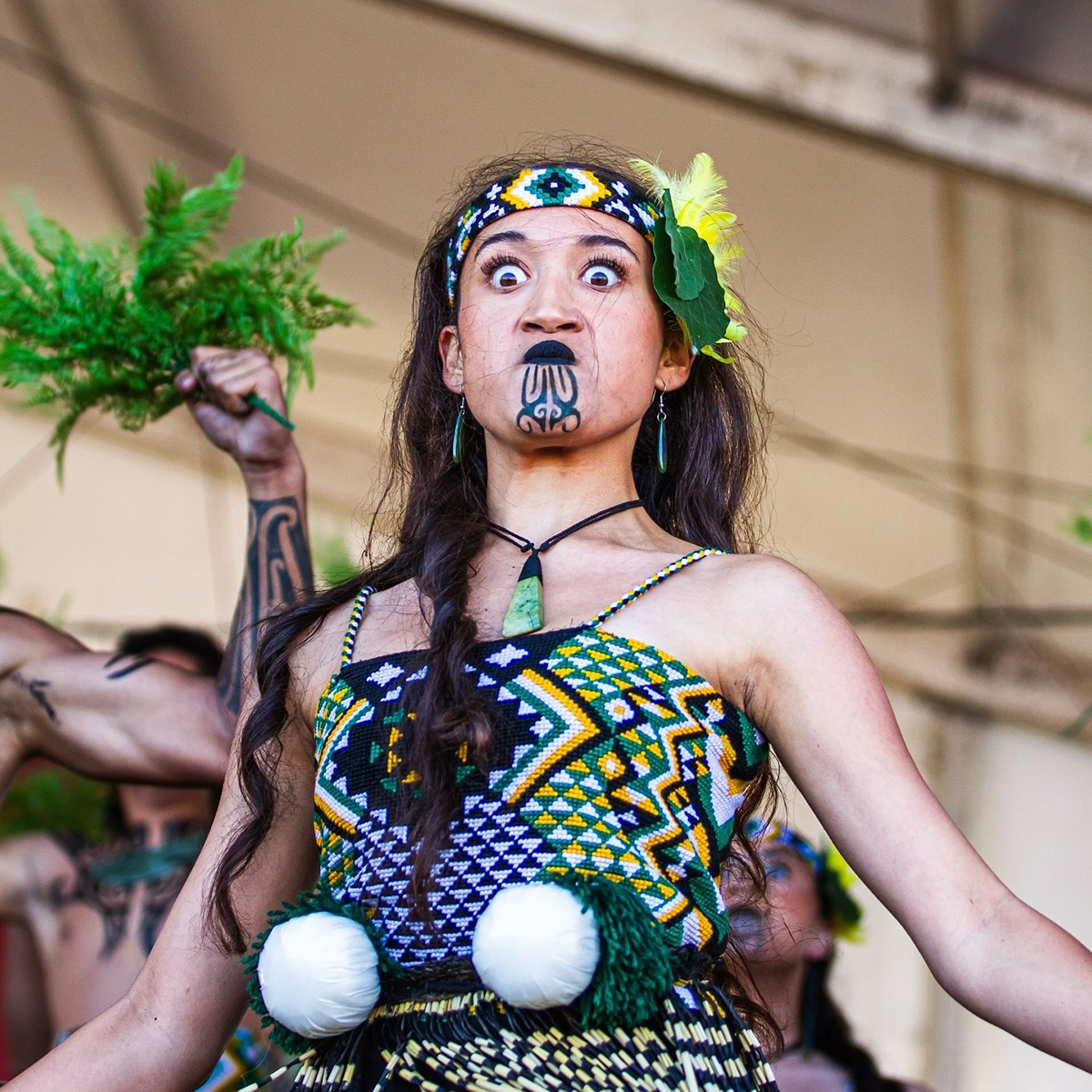2025 marked the 60th celebration year/Matariki celebration of Ngā Manu Korero - Tāmaki Ki Te…

Senior ‘Derived Grade’ Exams
990 students were involved in this year’s derived grade ‘mock’ exams over 7 days – beginning at 9.00 am with session 1 and session 3 concluding at 5.30 pm to emulate the external exam schedule which begins this year on November 7th and finishing on December 2nd.
For the first time we have used our new gymnasium as the venue utilising our carpet tiles and 350 desks/chairs.
This was a resounding success from an acoustic, light and management perspective. The high ceiling and natural light confirm this as an ideal venue.
Students have been well motivated, highly engaged and easily managed.
Huge inputs from Julie Debreceny (our Associate Principal); Damon King (Principal’s Nominee); Richard Taylor (IT Manager); Selwyn Watford (Property Manager & furniture logistics) and Pella Perston (Head of Learning Support who manages our Special Assessment Conditions – SAC) has meant this exam season has run smoothly and efficiently – minimising supervision demands and thereby maximising non-contact time for marking and feedback in the last week of term.
Nationally Mandated Accord Teacher Only Days for NCEA review
These teacher only days occur during the time senior students are engaged with external exams so will only affect students in Years 9 and 10. This is critically important work to prepare for the new assessment standards due to be introduced in 2024. For Springs/Waiōrea the dates are:
- Springs/Waiōrea: Monday 7th November 2022
- Springs/Waiōrea: Monday 28th November 2022
Modern Learning Environments (MLEs) – research feedback
Much has been made of the NZ Initiative research into MLEs by the press over the last week or so. I offer the ongoing four-year University of Melbourne study, jointly funded by the NZ Ministry of Education, which has surveyed all MLE school principals in NZ (up to 2018) and 4,000 in Australia. The lead researcher is Professor Wesley Imms, supported by 9 PhDs looking at:
- Leadership
- Pedagogical practice
- Supports
- Professional learning and development
- Learning differences
- Difficulties and challenges
- Differentiated learning
Dr Imms states:
“In these sort of really open learning environments there is a much higher level of teachers teaching in a way that research shows is most favourable to positive learning outcomes. The surveys of principals have found that MLEs have a higher incidence of deep learning where children retained knowledge and could use it, as opposed to rote learning or surface learning”.
The research also highlights the strong correlation between ILE spaces and a positive effect on teaching practice. The type of pedagogy employed in ILE schools is having a major effect on the quality of learning. “It drags everyone up!”
Dr Imms found “a very strong correlation between innovative learning environments, high levels of deep learning and high quality teaching”. High quality teaching, of course, does happen in traditional classrooms, “but there was a greater incidence of poor-quality teaching in those rooms”.
From our Springs experience I would add these observations on the benefits of our innovative learning environment:
- Visibility/passive surveillance translating into quality student behaviour.
- Transition spaces/work stations/corners/break out areas/quiet corners/multiple teachers = enhanced student engagement.
- Social skills are paramount and take centre stage.
- Collaboration and co-design of work programmes by teachers.
- Collaboration among students – ‘two heads better than one’.
- Inventiveness.
- Flexibility and choice.
- Access to state of the art technology to enhance teaching and learning.
- Sharing the load among many rather than shouldering it alone.
- 90 minute lessons enhancing and facilitating deep learning.
- Acoustics.
- Different pedagogical approaches – “guide on the side” vs “sage on the stage”.
All of you who have taken my tours, will agree I’m sure, that we have created something special here at Springs!
Ivan Davis
Principal



